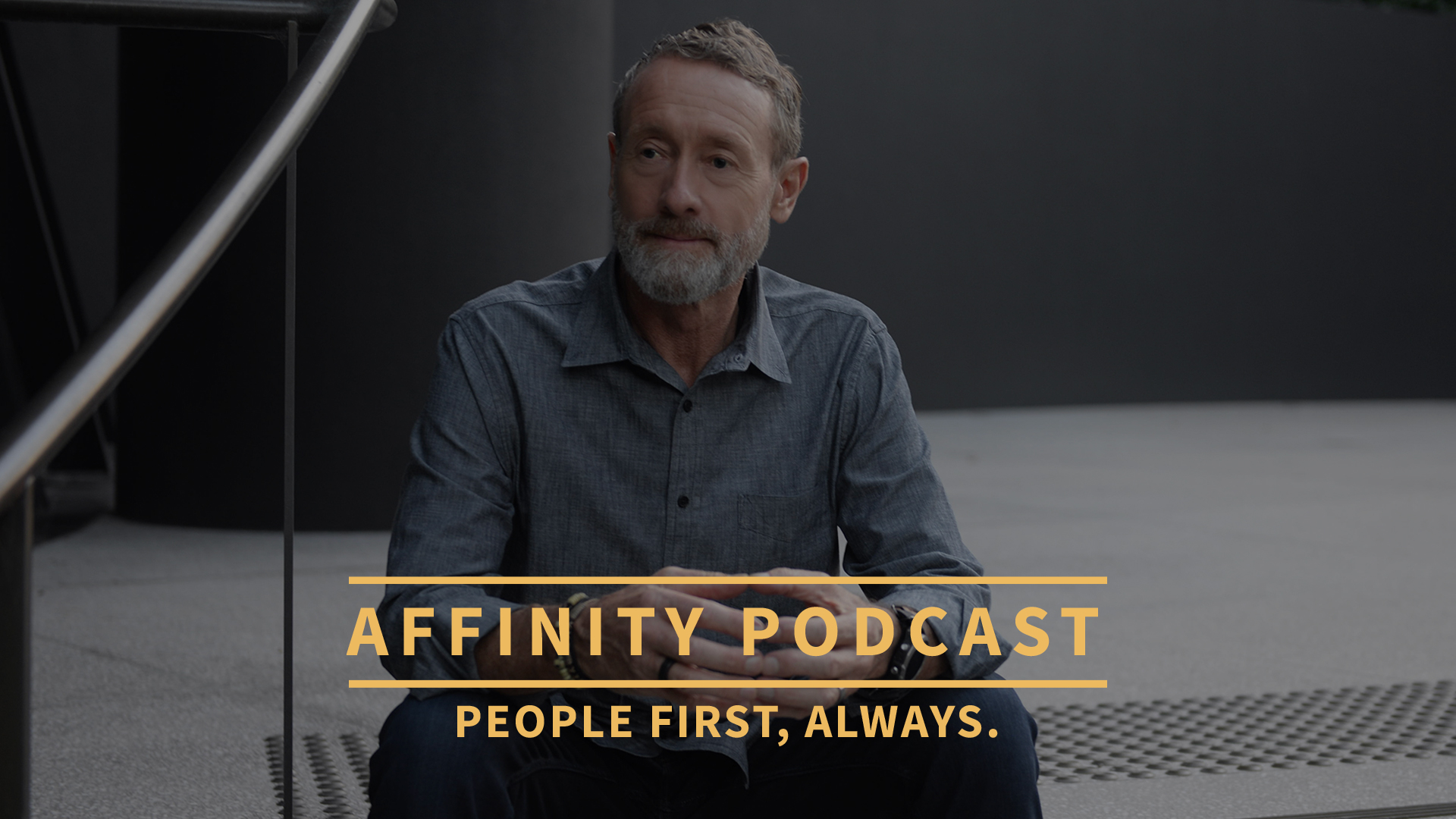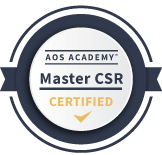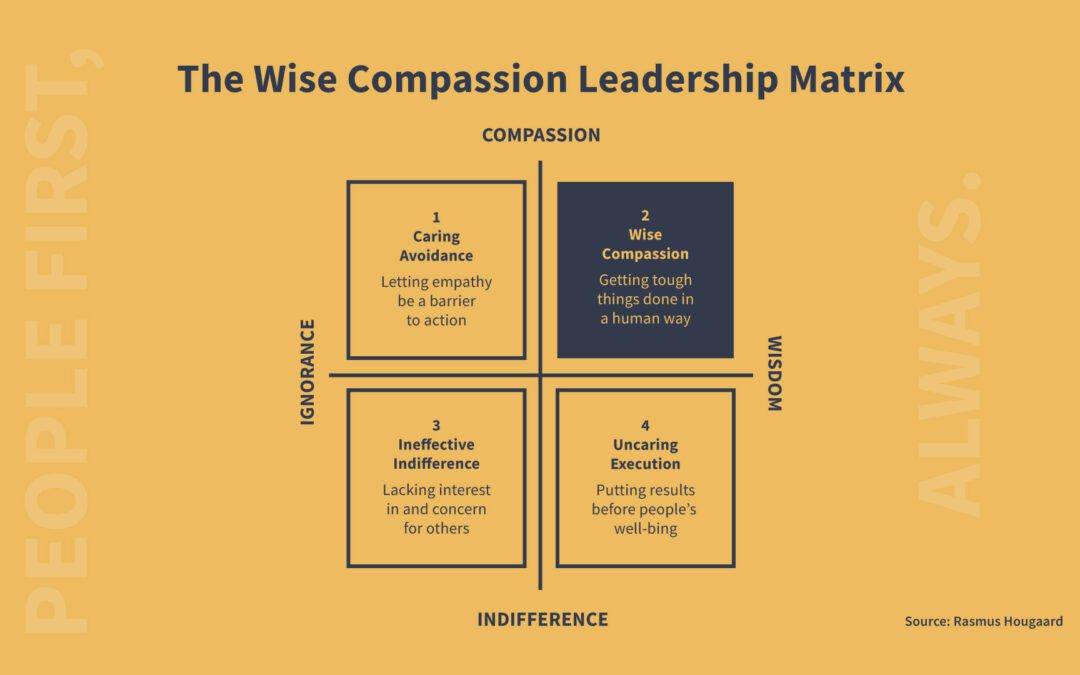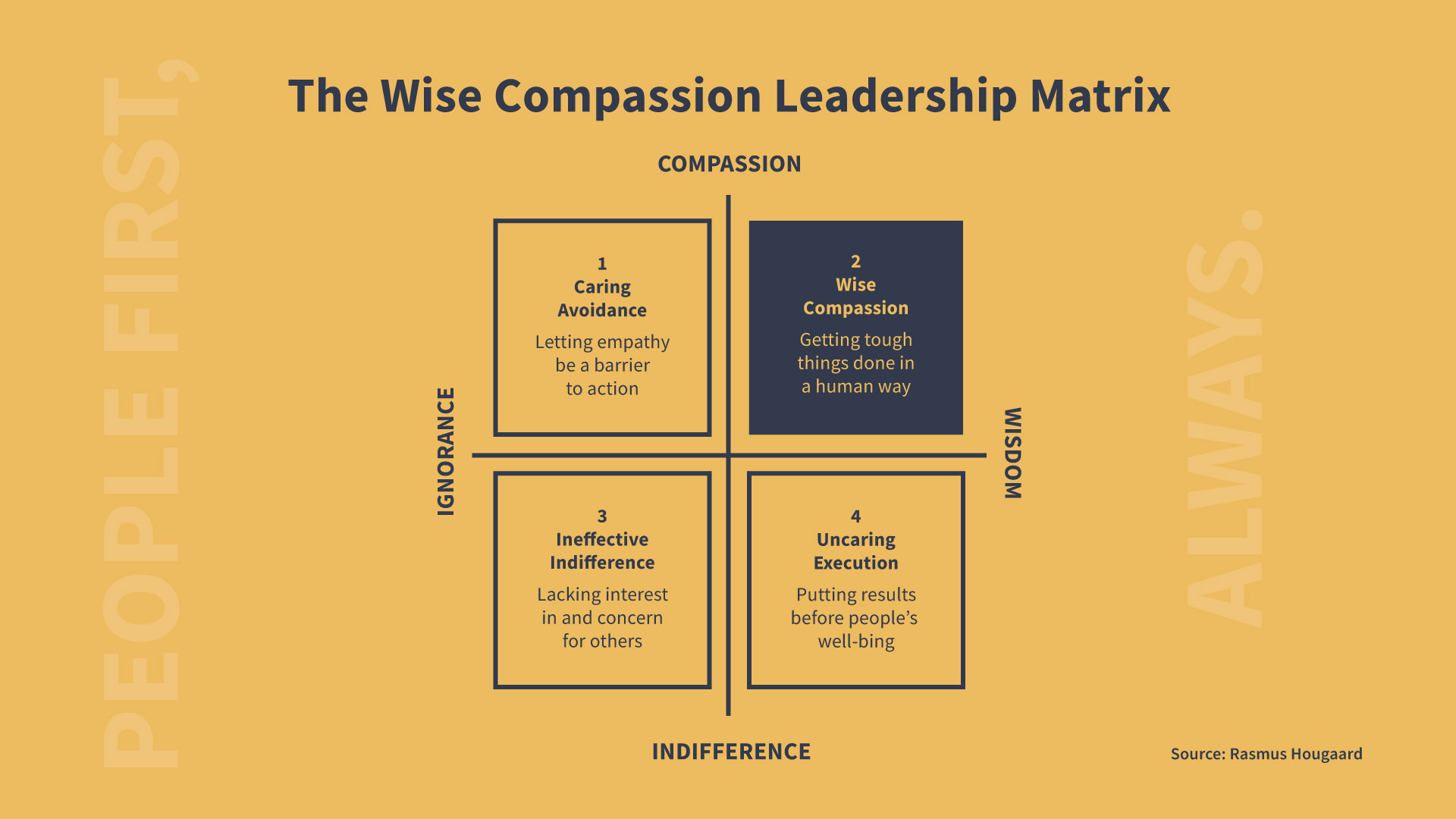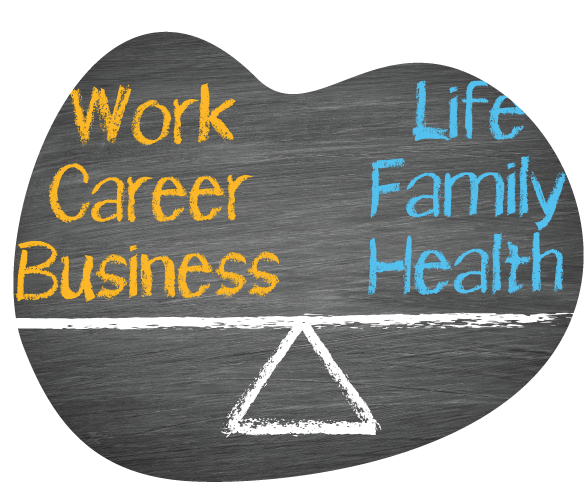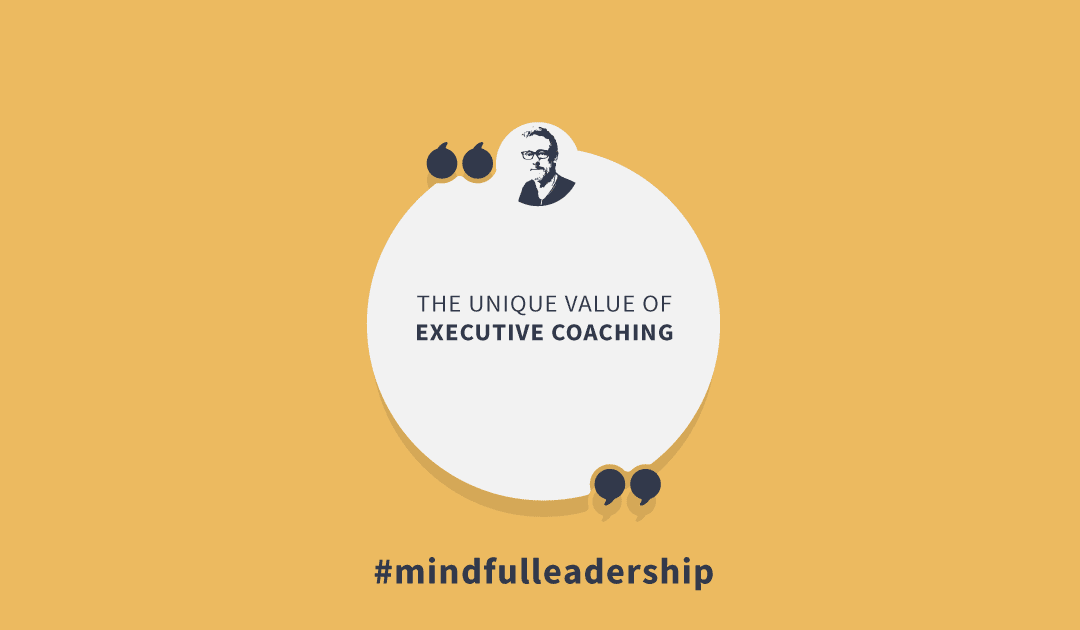Team New Zealand’s innovative application of digital technology in yacht racing contributed significantly to its back-to-back victories in the America’s Cup races of 2017 and 2021. The team had a thorough understanding of the performance of its 75-foot AC75 monohull even before its launch in 2021, thanks to an AI-powered simulation tool. This tool enabled the team to conduct virtual races across numerous prototypes, honing their skills to navigate at speeds of 50 knots on meticulously refined hydrofoils under challenging conditions.

13 Factors that Combat “Quiet Quitting”
13 Factors that Combat “Quiet Quitting”


Grant Ian Gamble is a best-selling mindful leadership author and speaker. He has over 30 years of experience in leading teams to create innovative customer experiences, building engaged workforces, and developing leaders who prioritize mindfulness in their approach.
What is Quiet Quitting?
“Quiet Quitting” is a symptom of low Team Member engagement. However, you can combat quiet quitting with Intrinsic and Extrinsic factors, or drivers. As a leader or manager, you can hire for these Intrinsic drivers and influence the Extrinsic drivers through your actions and decisions over time.
Understanding and appreciating these drivers can significantly improve the level of engagement among your Team Members, so here is a quick 13-point summary.
Intrinsic Factors to look for when hiring and managing your team:
- Autonomy:
– Empowering Team Members with a sense of control over their tasks and decision-making can foster improved engagement. This requires a degree of trust from you.
- Meaningful Work:
– When Team Members find their work meaningful and aligned with their values, they are much more likely to be more engaged. Wherever possible, align Team Members with a role that feels meaningful and aligned.
- Mastery:
– The opportunity to develop mastery and excel in their area of expertise can be highly motivating for individual Team Members. Encouraging Team Members to grow in relevant skills will give them a sense of mastery.
- Relationships:
– Building positive relationships with colleagues and supervisors can also contribute to engagement. Creating a culture that allows time and space for positive relationships between Team Members will foster camaraderie.
- Personal Growth and Development:
– Opportunities for personal and professional growth can also drive engagement. Providing continuing education for Team Members pays very real dividends.
- Challenge and Variety:
– Providing challenging and varied tasks can keep Team Members stimulated and engaged. Cross training is a powerful tool for building resilience and engagement.
Extrinsic Factors affecting Team Member engagement:
- Compensation and Benefits:
– Adequate and fair compensation is a fundamental extrinsic factor. Ensuring competitive salaries and benefits contribute to satisfaction, engagement and retention.
- Work Environment:
– A safe, comfortable, and stimulating work environment can enhance engagement. This includes ergonomic workspace design, a positive organizational culture, and access to necessary tools and resources.
- Recognition and Reward:
– Recognizing and rewarding Team Members for their contributions and achievements can boost morale and engagement. Simple expressions of gratitude go a long way toward driving this sense of being recognized and rewarded.
- Work-Life Balance:
– Flexible working hours, remote working options, and promoting a healthy work-life balance are important for maintaining engagement. Finding the right balance in a hybrid work environment will not only drive engagement, but productivity will also follow.
- Training and Development Opportunities:
– Offering opportunities for skill development and career advancement can also be motivating. This will often be unique to the individual but will always pay dividends.
- Leadership and Management:
– Effective leadership and supportive management are critical. Managers who communicate well, show appreciation, and provide constructive feedback can significantly impact engagement.
- Job Security:
– Providing job security and a stable work environment can also enhance engagement. Engagement will follow a focus on retention.
The relative weighting of these factors can vary greatly among different individuals and organizational contexts. However, some studies suggest that intrinsic factors have a stronger or more lasting impact on Team Member engagement than extrinsic factors. It’s often the intrinsic factors like meaningful work, autonomy, and personal growth that drive deeper engagement and satisfaction over the long term, although extrinsic factors like compensation and work environment are also crucial for baseline satisfaction and retention.
In practice, a balanced approach that addresses both extrinsic and intrinsic factors is often the most effective strategy for enhancing Team Member engagement. Continuous monitoring and real-time feedback through a tool such as AFFINITY OS™ will allow you to understand the specific needs and preferences of your team, and tailor your engagement strategies accordingly.
Gaining insights into your Team Members’ sentiments, feedback, and engagement levels is critical for fostering a positive work culture and improving overall engagement, productivity and performance. Here are 7 ways AFFINITY OS can measure and enhance Team Member engagement.
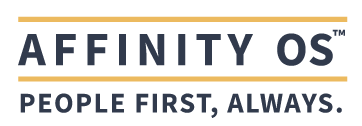

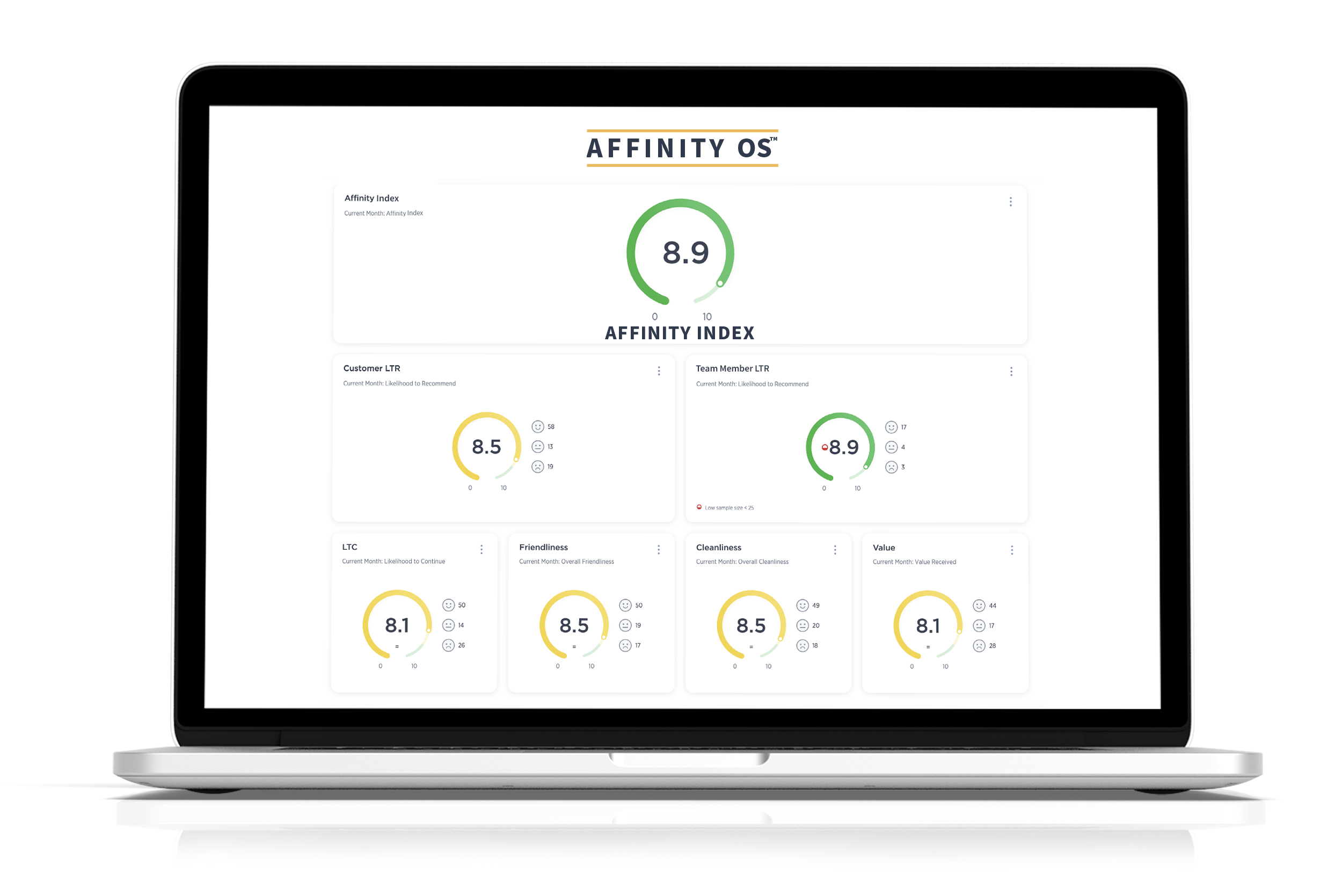 Interested in learning more about how to transform your organization’s approach to team member engagement and customer experience? Reach out to our team at AFFINITY OS, specialists in AI-driven customer and team member engagement optimization.
Interested in learning more about how to transform your organization’s approach to team member engagement and customer experience? Reach out to our team at AFFINITY OS, specialists in AI-driven customer and team member engagement optimization.


Dive into the heart of exceptional leadership and customer-centric success with AOS Academy. Our certification courses, guided by the “PEOPLE FIRST, ALWAYS” mantra, are designed to support professionals as mindful, effective leaders and service providers.
By integrating key insights from Grant Ian Gamble’s best-selling mindful leadership book, “The Affinity Principle”, we focus on nurturing people-centric cultures of empathy, effective communication, and customer service excellence.
The AOS Academy is more than just training – it’s a journey towards personal and professional transformation, ensuring every interaction and decision is rooted in understanding and valuing people first.
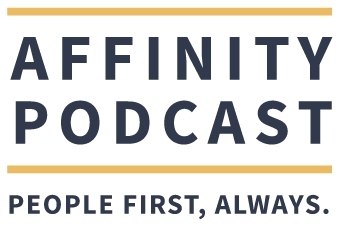

AFFINITY Podcast EPISODE 10 | Collecting and Leveraging eNPS for a People-Centric Culture, Mindful Leadership, Talent Development and Talent Retention






Put PEOPLE FIRST, ALWAYS and watch your business flourish.
Dive deep into the latest trends in customer experience and team engagement, mindful leadership and management. Discover practical tools and strategies that you can use to build a people-centric culture, the foundation for sustainable long-term business growth and success.
Led by mindful leadership expert, Grant Ian Gamble, a best-selling author and true visionary with over 30 years of experience in leading teams to create innovative customer experiences, building engaged, inspired and fulfilled workforces, and developing leaders who prioritize genuine connection in their approach.
The guiding principle behind all of Grant’s work is PEOPLE FIRST, ALWAYS.
More Articles:
How to Win the America’s Cup of Fitness Business
Fitness Industry Boom Amid a Significant Decline in Online Search for Fitness?
There is, seemingly, a health and fitness club or a boutique offering on every street corner today. And yet online searches for health and fitness clubs have diminished significantly. IBISWorld reports over 6,466 Gyms and Fitness Centres in Australia in 2024, and that does not include many outlier categories. And yet, online searches for these facilities have diminished by almost 10%!
Member Referrals are Like a Box of Chocolates…Or are They?
Referrals are the No.1 source of Members in the Fitness and Wellness Industry!
Some facts:
Referrals are the number one source of new members across the fitness and wellness sector.
$ROI is highest on Referrals when compared to all other marketing sources
Three quarters of all referrals come from ‘Promoters’ (high NPS* score) in the fitness and wellness sector.
The avg. referral rate for Promoters = 58% when offered a referral opportunity.
Prospective members are 4x more likely to join a gym if they were referred by a friend.
In the fitness industry, referred members have historically had a 37% higher retention rate as opposed to non-referred members.**
Let's Connect!
CUSTOMER EXPERIENCE & TEAM ENGAGEMENT: AFFINITY OS™ | WELLNESS INTEGRATION | MINDFUL LEADERSHIP: "THE AFFINITY PRINCIPLE"
0475 866 592
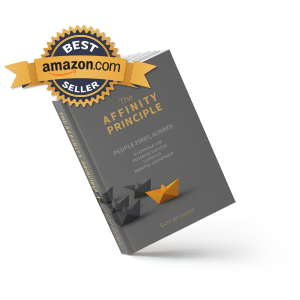






The Affinity Principle™ by Grant Gamble presents a formula for business success through a people-centric, mindful leadership approach.
PEOPLE FIRST, ALWAYS.











